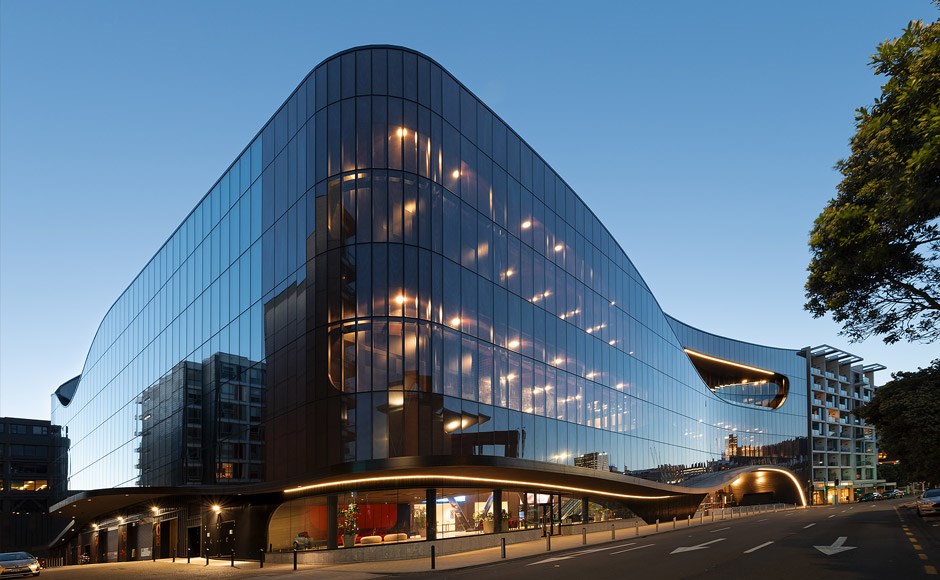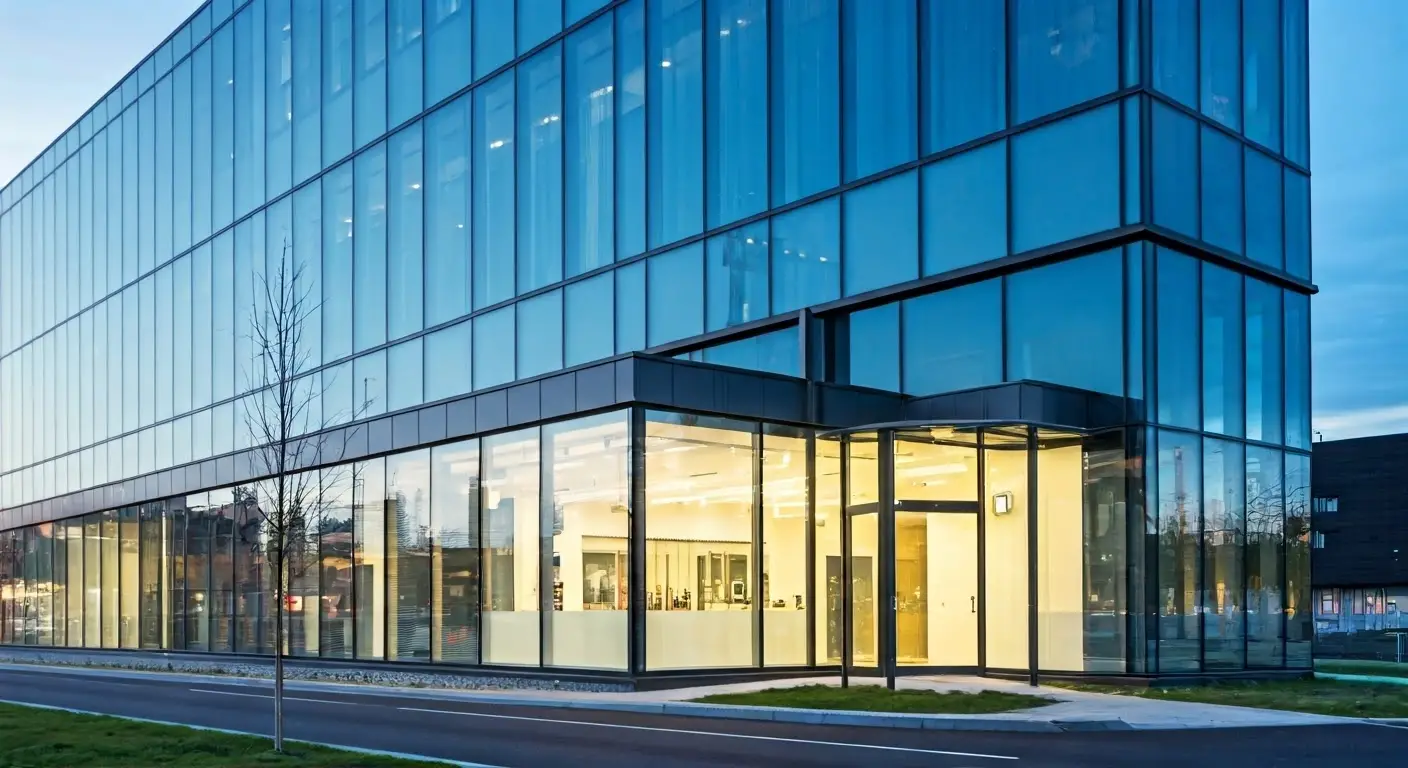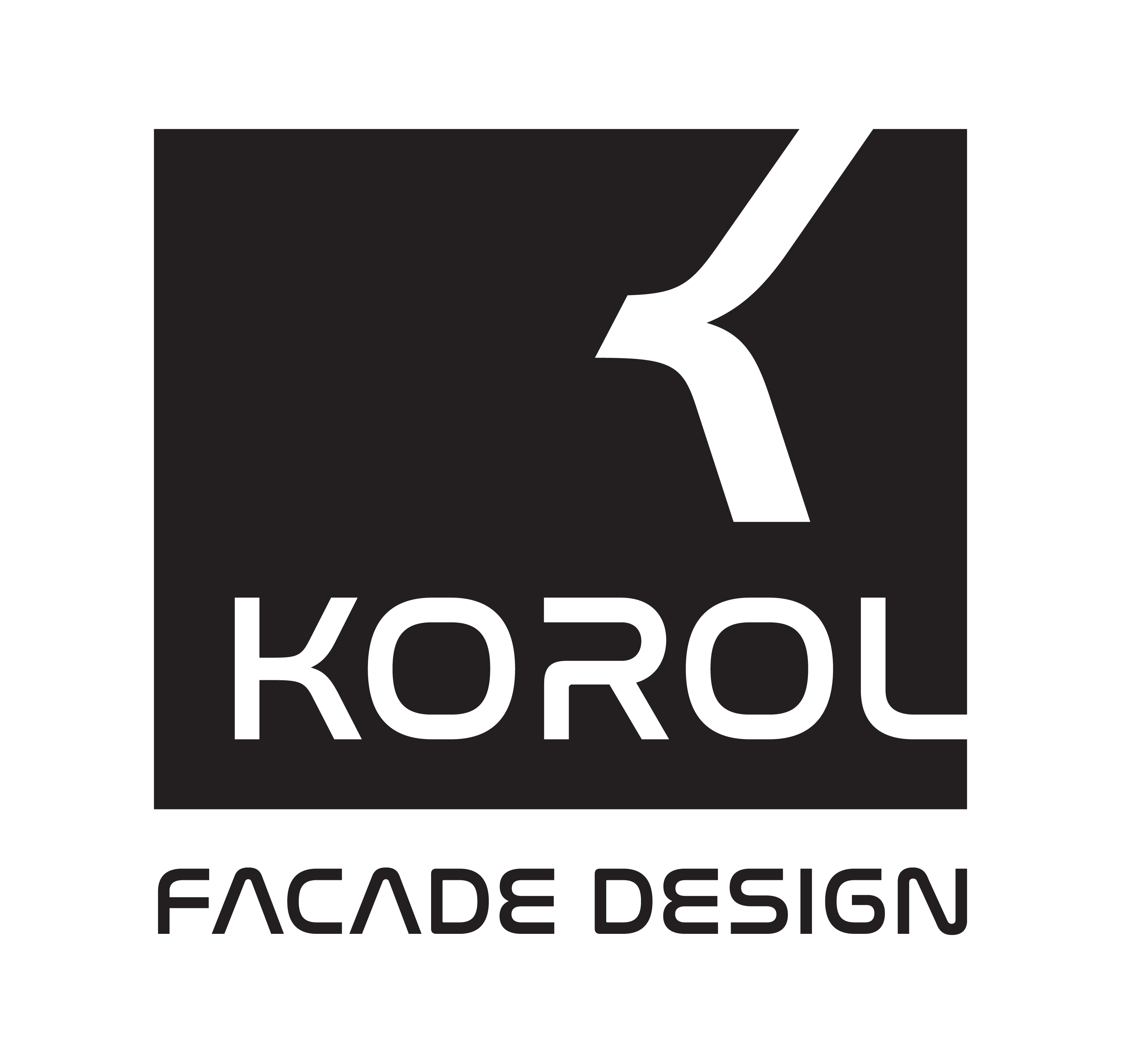
Resources
Home
/
Resources

Innovations in Façade Engineering
Explore cutting-edge techniques revolutionizing façade technology for modern buildings worldwide.
Façade engineering integrates aesthetic design with functional performance, tackling energy efficiency, weather resistance, and structural integrity. With advancements like dynamic shading, ventilated double-skin facades, and smart glass, buildings optimize natural light and thermal comfort. Engineers assess load factors, material durability, and sustainability criteria to create integrated envelopes that protect interiors while enhancing visual appeal. Collaboration between architects and engineers ensures façades complement building systems, reducing energy costs and environmental impact. Continuous innovation drives new materials and construction methods facilitating faster installation and improved lifecycle performance.
Comprehensive Curtain Wall Systems
Understand the components and benefits of various curtain wall systems used in construction.
Curtain wall systems are non-load bearing exterior walls that hang like curtains from the building structure. These systems utilize materials such as glass, aluminum, and steel to create sleek, lightweight envelopes that resist wind and weather. Common types include stick systems, unitized systems, and panelized systems. Benefits include aesthetic flexibility, increased natural daylight, and thermal insulation. Proper design considers water penetration control, thermal expansion, and structural movements. Engineers also ensure compatibility with other façade elements and adhere to building codes for safety and performance.
Sustainable Aluminum and Glass Cladding
Discover sustainable approaches to aluminum and glass cladding for energy efficient buildings.
Aluminum and glass cladding enhances building aesthetics while contributing to sustainability goals. Aluminum panels offer lightweight durability and recyclability, paired with energy-efficient glass that reduces heat gain and glare. Incorporating low-emissivity coatings and double glazing further improves thermal performance. Proper installation ensures airtight envelopes minimizing energy loss. Advances in material technology allow for customized finishes and shapes, enabling creative design solutions. Sustainable cladding reduces carbon footprints through material reuse and enhanced building energy management practices, supporting green building certifications.
Facade Consultancy Best Practices
Learn key consultancy principles ensuring successful façade design and execution.
Façade consultancy guides clients through project planning, design validation, material selection, and construction oversight. Consultants assess environmental factors, local regulations, and budget constraints to recommend optimal solutions. They perform performance modeling, mock-ups, and quality assurance checks to mitigate risks and ensure compliance. Effective communication among architects, engineers, contractors, and clients facilitates timely decision-making. Adopting best practices, such as early involvement and integrated design processes, enhances façade performance, durability, and aesthetic appeal throughout the building’s lifecycle.
Frequently Asked Questions
What is a façade in building construction?
A façade is the exterior face or outward appearance of a building, often designed for aesthetics and environmental protection.
What are curtain wall systems?
Curtain wall systems are non-structural outer coverings made of glass, metal, or panels, attached to a building’s frame.
Why is aluminum used in cladding?
Aluminum is lightweight, corrosion-resistant, recyclable, and offers design flexibility for building exteriors.
What is structural glazing?
Structural glazing involves bonding glass panels to a building’s structure, creating a sleek, frameless exterior appearance.
How does unitized panel system differ from stick system?
Unitized panels are pre-assembled factory units installed onsite, while stick systems assemble components piece-by-piece onsite.
What factors affect façade design?
Façade design considers climate, building orientation, materials, aesthetics, structural loads, and energy efficiency.
Can façade design improve energy efficiency?
Yes, well-designed façades optimize natural light, insulation, and ventilation to reduce energy use in buildings.
What maintenance do façade systems require?
Regular cleaning, inspection for damage, sealant replacement, and repair of any cracks or corrosion are essential.
Are façade consultants necessary for projects?
Consultants provide expert guidance, ensuring performance, compliance, and quality in façade design and installation.
How long does façade installation typically take?
Installation duration varies but generally depends on system complexity, site conditions, and project scale.
Request Consultation
Fill out the form to connect with our facade experts and get personalized solutions for your project.
